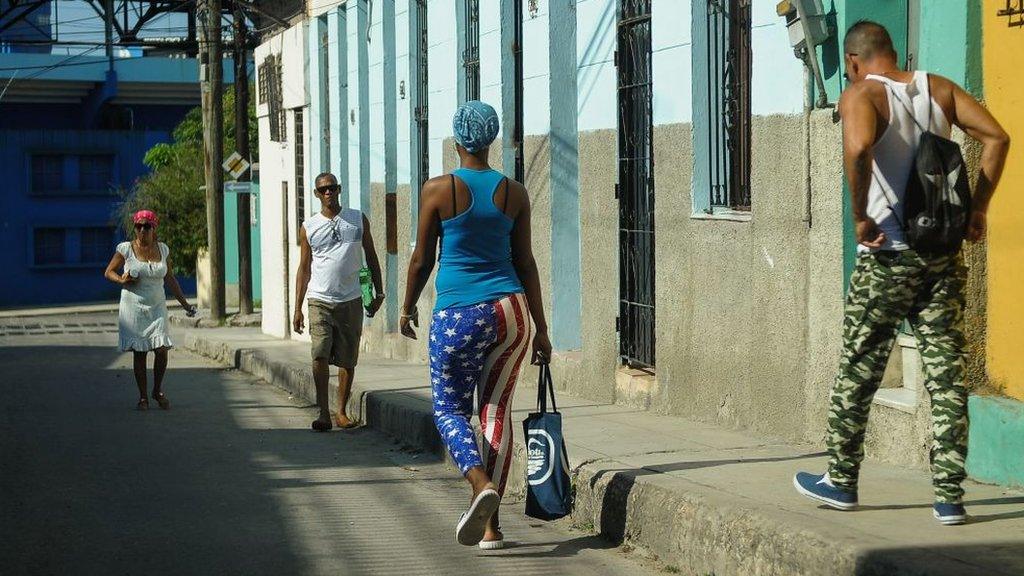Twitter suspends government-run accounts in Cuba
- Published
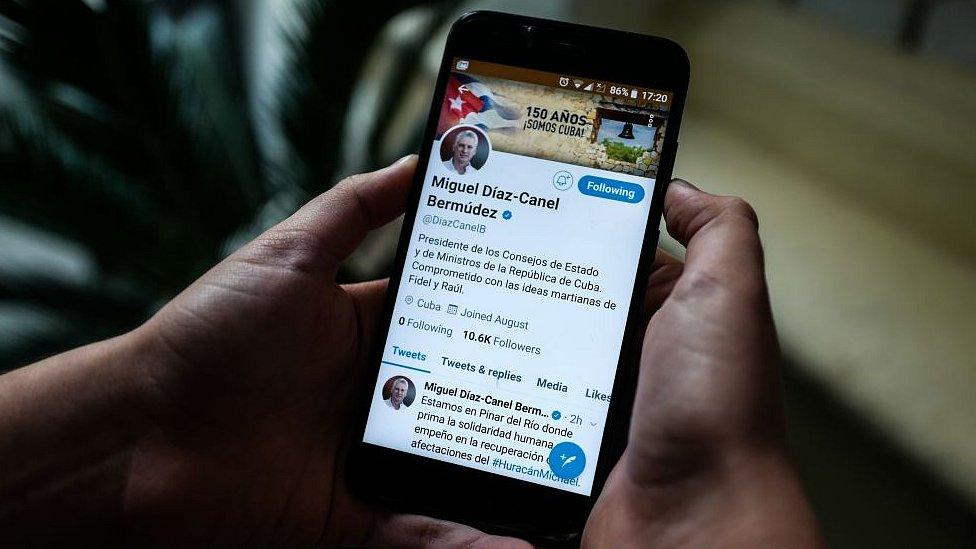
President Miguel Díaz-Canel is a regular user of Twitter
Twitter has suspended several accounts run by the Cuban government including those of state-run media and of officials including the daughter of Communist party leader Raul Castro.
The social media giant cited violations of its policies.
The move came just as President Miguel Díaz-Canel made a televised statement about potential fuel shortages.
Cuba's pro-government journalists' union denounced the suspensions as "massive censorship".
"What is new here is the massive scope of this act of cybernetic warfare, clearly planned, that aims to limit the freedom of expression of Cuban institutions and citizens and to silence the leaders of the revolution," the union said in a statement.
The suspensions began a little before the announcement on state TV on Wednesday by President Diaz-Canel and continued the following morning.
They include the account of the TV programme, Mesa Redonda, on which Mr Díaz-Canel appeared; the state-run newspaper Granma Digital; the state radio station Radio Rebelde, and the account of Raul Castro's daughter and head of the Cuban gay rights commission, Mariela Castro.
Mr Díaz-Canel's account was not suspended and he used it to share the journalist union's statement.
Allow X content?
This article contains content provided by X. We ask for your permission before anything is loaded, as they may be using cookies and other technologies. You may want to read X’s cookie policy, external and privacy policy, external before accepting. To view this content choose ‘accept and continue’.
A Twitter spokesman did not give specific examples of where its rules had been broken.
But he said the company's platform manipulation policies prohibit users artificially amplifying or disrupting conversations by using multiple accounts.
The owners of the relevant accounts had been contacted and told the reasons for the suspensions, the company added.
Twitter CEO and co-founder Jack Dorsey recently visited Cuba and officials at the foreign ministry have publicly requested an explanation from him, the BBC's Will Grant in Havana says.
In his televised address, Mr Díaz-Canel warned of problems with fuel supplies in the coming weeks.
He said the distribution of fuel, especially of diesel, was being badly hit by US sanctions against Venezuela - Cuba's main oil supplier.
He said it was likely there would be blackouts next week, suggesting that people should work from home.
- Published12 September 2019
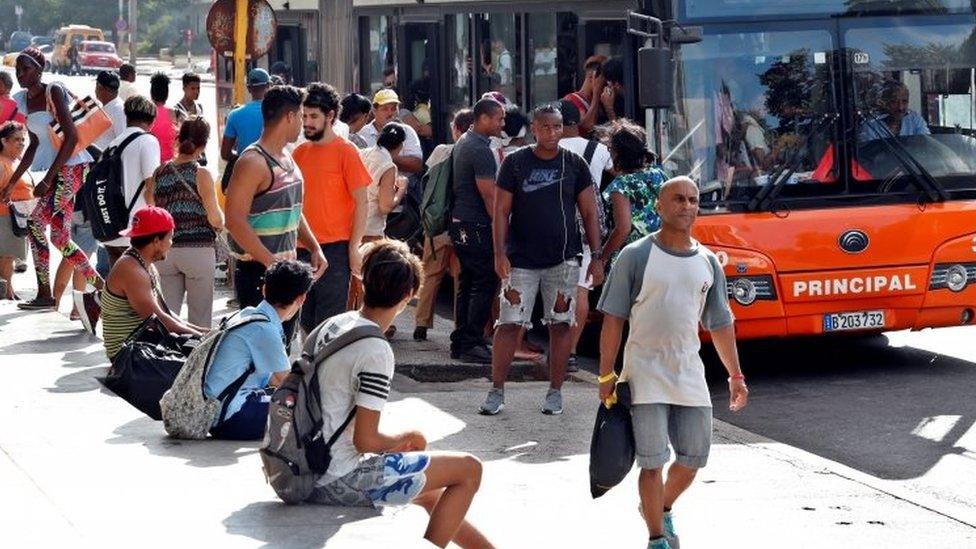
- Published12 September 2019
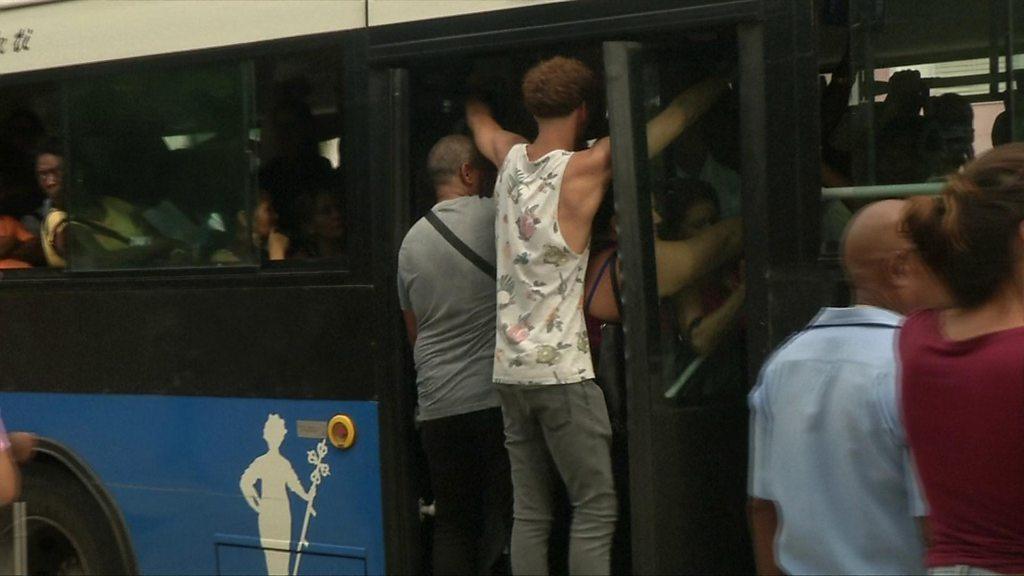
- Published11 May 2019
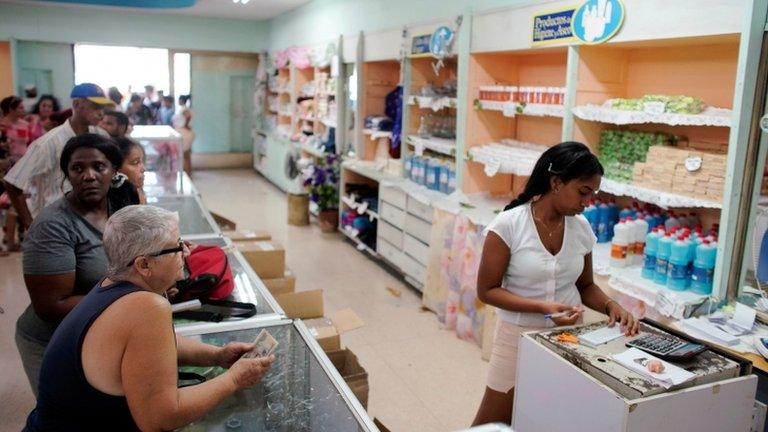
- Published24 April 2019
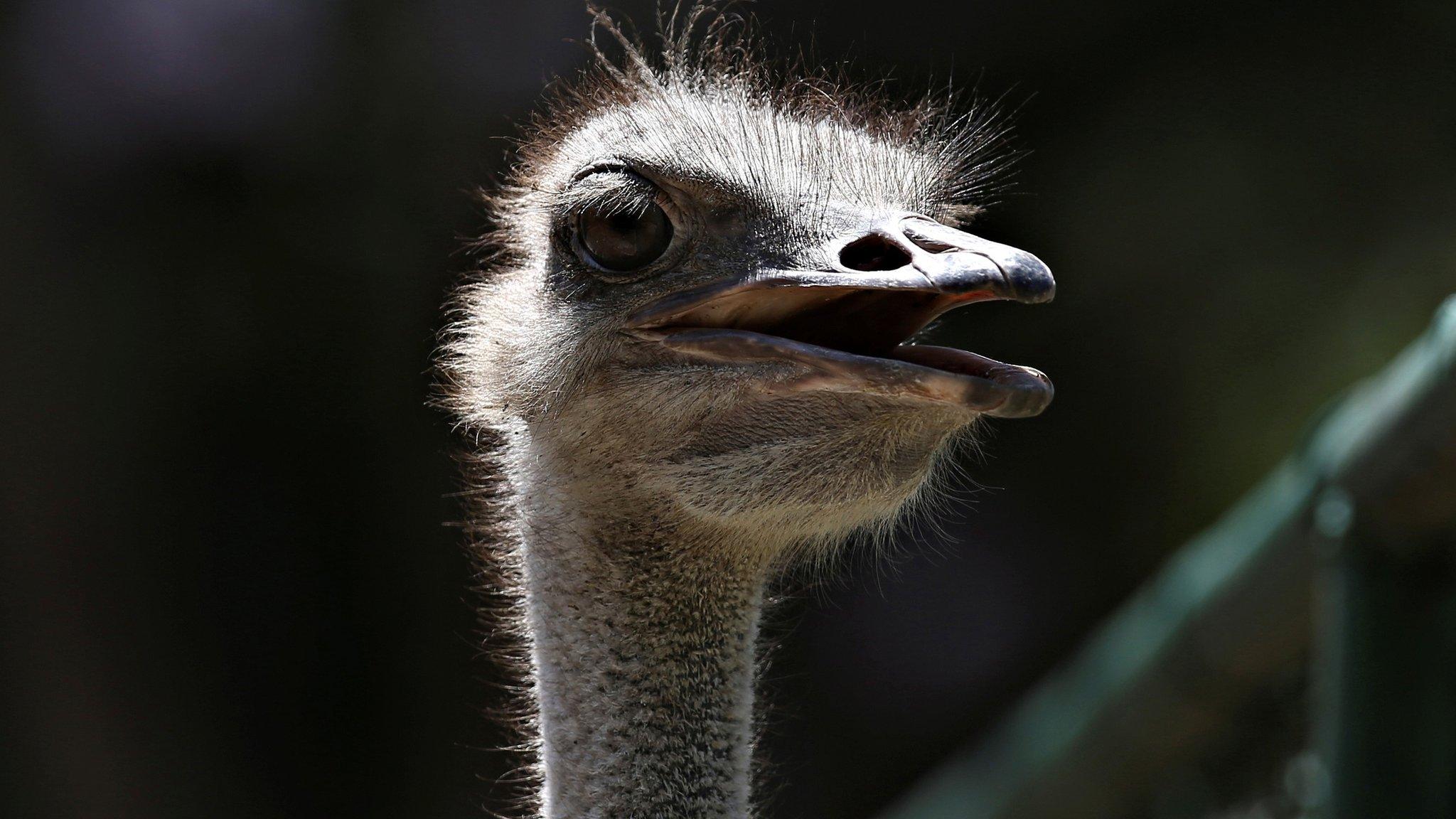
- Published3 May 2019
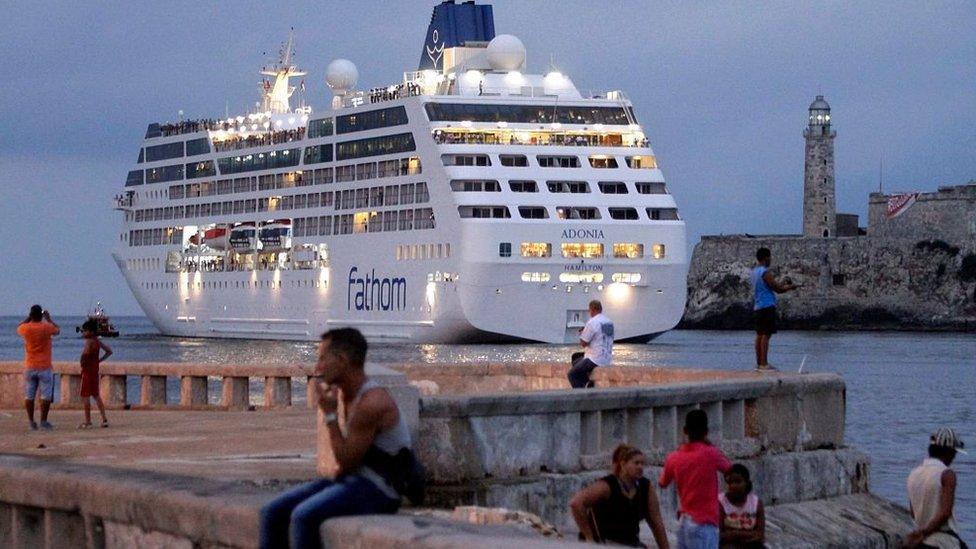
- Published17 June 2017
